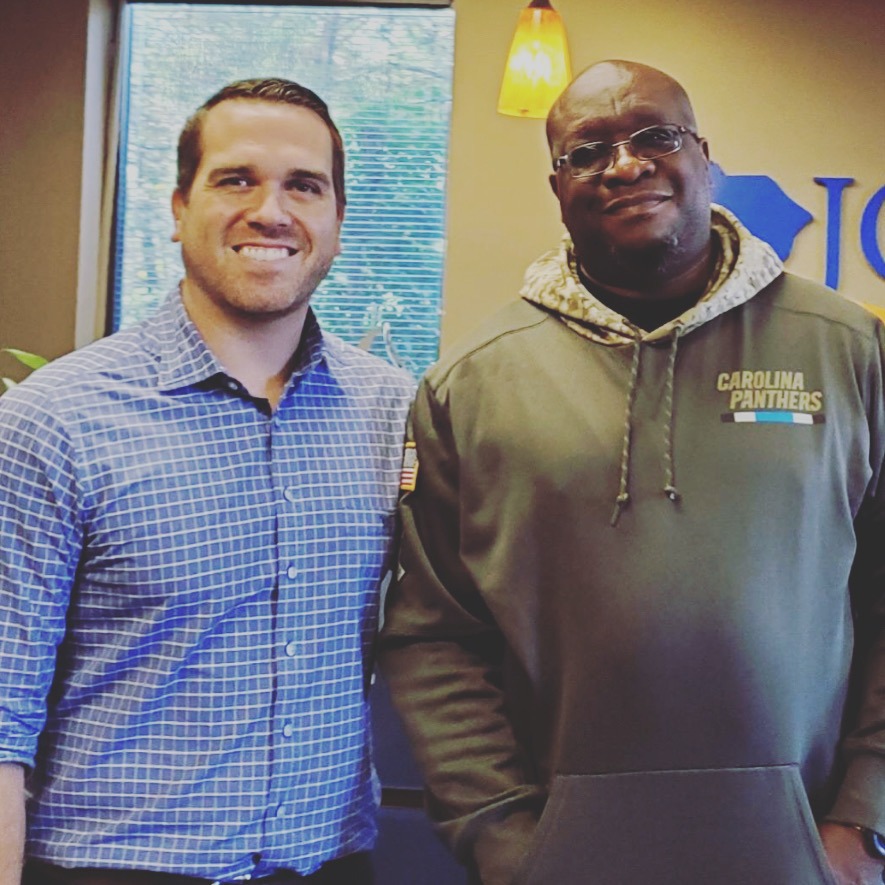Premises Liability: Not Just Slip and Fall Accidents
Premises liability lawsuits can arise from slip and fall accidents, as well as any action from a dangerous condition on a property, including but not limited to:
- Defective staircases
- Uncovered holes or trenches
- Poor or nonexistent lighting
- Pooling water near a freezer or refrigerator
- Dangerous swimming pool conditions
- Unsupervised or unsecured swimming pools
- Wet, oily, or slippery floors
- Falling merchandise in a big box store
- Loose or broken tiles
- Unsecured carpets / tripping hazards
- Inadequate building security
- Negligent security (like failing to have lights turn on automatically, or failure to actually use installed security cameras).
Common Injuries from Falls / Premises Liability Accidents
Falls cause very serious injuries, especially to vulnerable older adults, and are the most common cause of traumatic brain injuries. According to the CDC, 3 million people are treated in emergency rooms each year, and 800,000 people require hospitalization.
Head Injuries
Brain injuries can vary in severity from minor concussion to severe brain injury. Severe brain injuries may cause seizures, long-term functional cognitive impairment, memory loss and problems with attention, concentration, communication, reasoning and controlling impulses. Brain injuries may be extremely challenging for family members to deal with, as their loved one may lack awareness of their cognition and personality has changed.
Back and Spinal Cord Injuries
A fall can cause a fractured vertebrae, slipped disc or herniated disc. These injuries can cause permanent or long term paralysis and disability. Spinal cord injuries can be from a fall from a building, a fall from stairs and steps, a fall from a ladder, or fall from the same level. High falls are more likely to result in a catastrophic injury, or total lack or sensory and motor function below the level of injury. Low falls are more likely to result in an incomplete injury, which means the spinal cord retains at least some sensation or movement below the level of injury, although it may be limited.
Broken Bones
Falls frequently cause broken wrists, broken arms, broken arms and broken hips. More than 95% of all hip fractures are from falls.
Sprains and Strains
Tripping or slipping often leads to a sprain or strain of the knee or ankle. A sprain is a stretch or tear in a ligament. A strain is a stretch or tear in a tendon. In rare instances, a tendon may snap or rupture. The most common tendons to rupture are the quadriceps (above kneecap), Achilles (back portion of foot), rotator cuff (shoulder), and biceps (between elbow and shoulder). Surgical repair may be necessary.
Falls also often lead to a fear of falling, causing an individual to cut down on everyday activities and become weaker.
Airbnb / Vrbo Accident Liability in Charleston
If you rent a vacation rental property short-term, it is important to consider what kind of coverage is available to protect you. If you are injured while staying at an Airbnb, Vrbo or other short-term vacation rental, the accident claim would fall under premises liability. Under the terms of the Airbnb agreement, this will be considered a business activity, and a homeowner policy often won’t cover accidents when the home is used as a vacation rental. Property owners can be liable for serious or catastrophic injuries or wrongful death the same way that a hotel owner would be. Airbnb or Vrbo both provide $1,000,000 in primary liability coverage. If you have your own policy, the coverage offered by Airbnb or Vrbo will be additional coverage.
Do You Have a Premises Liability Case?
Just because you were injured on a property does not necessarily mean you have a case. These cases can be complicated and heavily contested by insurance companies’ defense counsel. They almost always try to blame you for what happened. A valid premises liability claim must establish that an actual dangerous condition existed, that the owner knew about or reasonably should have known about, and that condition and caused your injuries.

